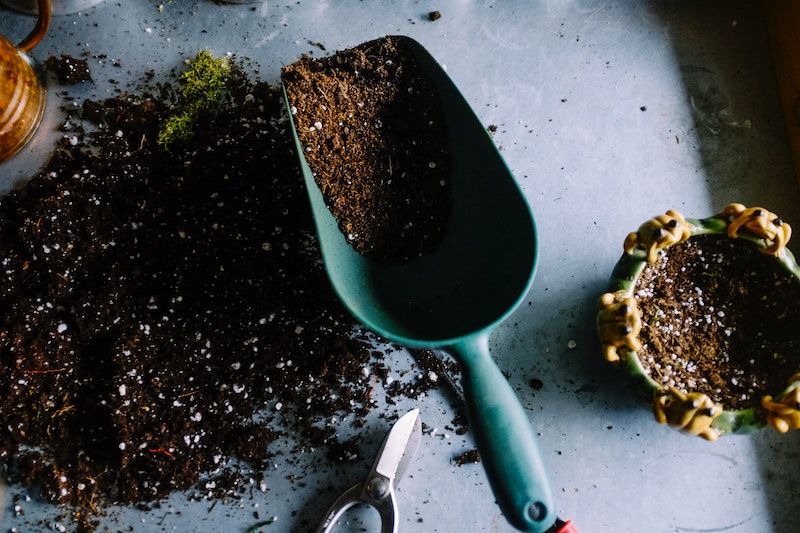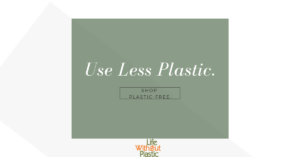
Composting: Getting Serious About Zero Waste
by
reusably
Disclosure: This site uses affiliate links and advertising and may receive a commission as a way to help fund our vision of spreading awareness about the benefits of switching to reusable products.
COMPOSTING: PRIORITIZING A ZERO WASTE LIFESTYLE
Composting can be seen as a more advanced step in the zero waste life, but prioritizing a compost bin in the space you have can be very rewarding and produce very fruitful results 🙂
To start a compost bin you can take the following steps:
- Research your options: Research the different types of composting methods and bins, and choose the one that is right for you and your space. Some popular options include backyard composting, vermicomposting (using worms to break down organic waste), and bokashi composting (using microorganisms to break down food waste).
- Set up your compost bin: Once you have chosen a composting method, set up your compost bin according to the instructions provided. This may involve preparing the area where the bin will be located, adding organic materials to the bin, and ensuring that the bin is properly aerated and watered.
- Add organic waste: Start adding organic waste such as food scraps, yard trimmings, and paper products to your compost bin. Be sure to follow the guidelines for your chosen composting method, and avoid adding materials that are not suitable for composting.
- Monitor and maintain your compost bin: Monitor your compost bin regularly, and make any necessary adjustments to ensure that it is functioning properly. This may involve adding water, turning the compost, or adjusting the aeration to ensure that the organic materials are breaking down properly.
- Use the compost: Once the compost is ready, it can be used to enrich soil and support plant growth. Use the compost in your garden, or donate it to a community garden or local farm.
Overall, starting a compost bin or participating in a local composting program involves researching your options, setting up your compost bin, adding organic waste, monitoring and maintaining the compost bin, and using the compost once it is ready. By taking these steps, you can reduce the amount of organic waste that is sent to landfills, and support a more sustainable and healthy planet.
Join us on our journey to increase awareness on the benefits of living Reusably.
